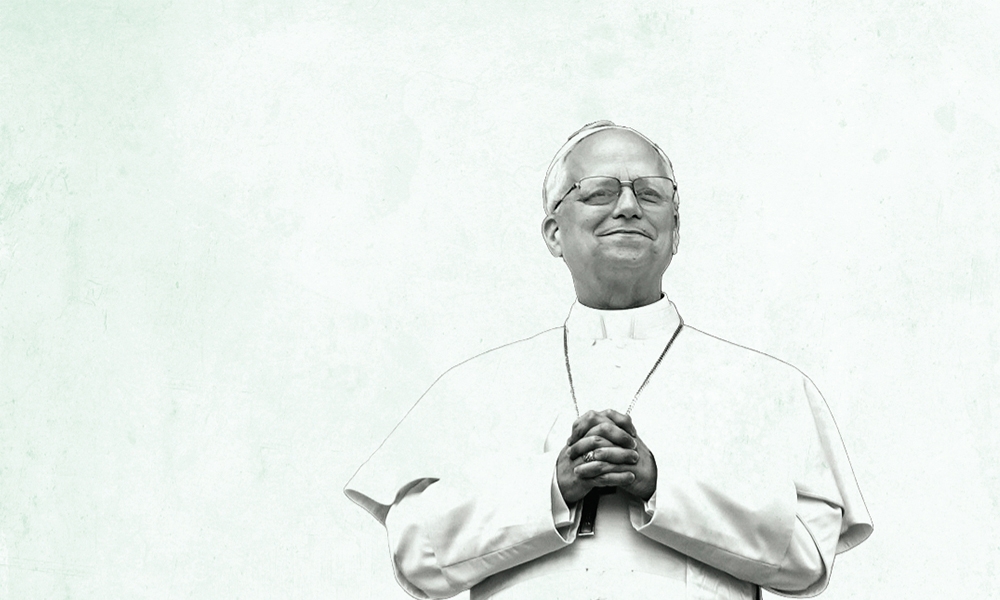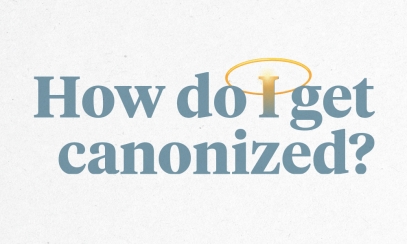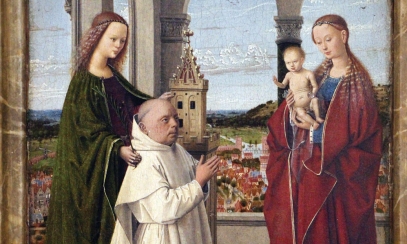
Given Pope Leo XIV’s election, what canonical norms govern his teaching authority — from ex cathedra definitions to ordinary Magisterium and disciplinary decrees — in my personal quest for the truth?
Getting your Trinity Audio player ready...
The cardinals elect a diocesan bishop, who thereby becomes “Bishop of Rome.” This See — established by Jesus — is the stable principle of unity; the bishop who occupies it immediately shares its fixed primacy, “the permanent structure of Christ’s Church.” From his identity as the bishop of the Diocese of Rome flows the familiar papal titles and honorifics: Vicar of Christ, Supreme Pontiff, Head of the College of Bishops, etc. The pope cannot legislate against divine law or the Church’s revealed constitution. His decisions are not to be arbitrary or self-contradictory. Paul’s rebuke of Peter (Gal 2:11-14) shows that while Peter enjoys unique doctrinal authority and communion with the Bishop of Rome secures unity, evangelical charity may still call for a candid reminder of the gospel that grounds his office.
Canon 331 describes the Pope’s authority as “supreme, full, immediate and universal ordinary power” — terms loaded with consequences. His power is service, not domination, and always subject to the word of God. The word “supreme” means no human authority can judge or appeal his decisions (cc. 1404; 1629). So do not try. “Full” indicates he possesses the whole office of teaching, sanctifying, and governing and may delegate portions as he wills. “Immediate” means he can act directly in any particular church (e.g., a diocese) without intermediaries; this power is his, the instant he agrees to be pope; unlike a diocesan bishop, he does not wait to “take possession” later. “Universal” means he may personally intervene, say, in the Archdiocese of Washington, D.C., if he chooses. However, primacy and episcopal collegiality are complementary, not competing charisms.
As to teaching authority (i.e., Magisterium): infallibility — whether ex cathedra or ecumenical council — is a definitive teaching act of the Pope that a doctrine of faith or morals is to be held, and Catholics must believe it with divine and Catholic faith which is an irrevocable act of trust in God’s revealed word (refusal may constitute heresy); infallible but non-revealed doctrines (e.g., male priesthood) all Catholics must hold firmly as certain because they are doctrines logically tied to revelation (refusal is to oppose Church doctrine); ordinary papal or universal teaching (encyclicals, exhortations, etc.) must be held by all Catholics with religious submission of intellect and will, which requires interior docility via study, prayer, and a good-faith effort to conform one’s mind and life to it (refusal is grave disobedience); individual bishops’ authentic teaching (e.g., Bishop Boyea) must be held by all Catholics of the diocese with religious submission of mind, which expresses one’s communion with him (refusal may result in local sanctions); disciplinary constitutions or decrees, which are texts that guide practice rather than define doctrine, must be held by all Catholics with respectful observance (refusal is disobedience). Therefore, the Magisterium is indispensable for anyone sincerely seeking the truth.
Father Mark Rutherford is a priest of the Diocese of Lansing and Judicial Vicar of the Archdiocese for the Military Services, USA. He is looking forward to addressing your questions related to canon law, our Catholic faith, and how we can live it out in our everyday lives. Please send your questions to faithquestion@dioceseoflansing.org.



